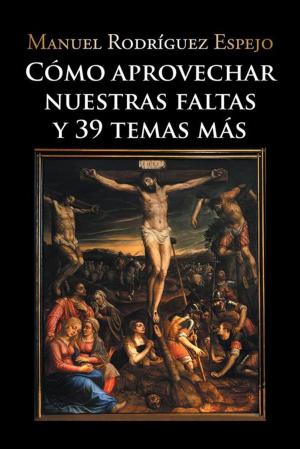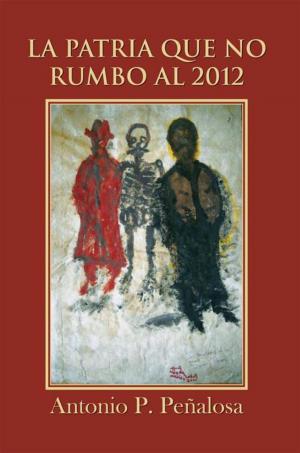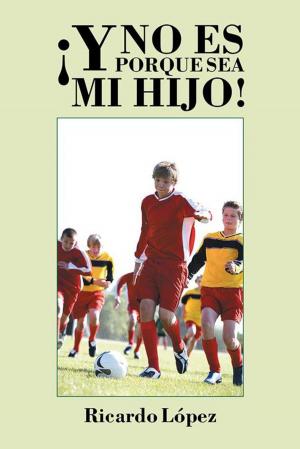Comparative Education: Views from Latin America
Nonfiction, Reference & Language, Education & Teaching| Author: | ISBN: | 9781463355883 | |
| Publisher: | Palibrio | Publication: | May 9, 2013 |
| Imprint: | Palibrio | Language: | English |
| Author: | |
| ISBN: | 9781463355883 |
| Publisher: | Palibrio |
| Publication: | May 9, 2013 |
| Imprint: | Palibrio |
| Language: | English |
Although in Latin America there are no educational programs specialized in comparative education, as there are in some European, Oriental and North American universities, there are scholars who cultivate this field. With the production of this book, the authors -most of them affiliated to member organizations of the World Council of Comparative Education Societies- are walking towards a Latin American network of researchers with an interest in establishing a dialogue with non-Spanish speaking colleagues from the rest of the world. This is the reason of our effort in writing most of the chapters in English.
Comparative education, as all disciplinary fields, has evolved with different ways of thinking, approaching and constructing its objects of research and analysis, which are nurtured by different epistemological traditions living together in our times, enriching and bringing complexities. From Argentina, Chile, Uruguay, Brazil, Peru, Venezuela, Costa Rica and Mexico, the authors of the book pose questions, historical descriptions, reflections, discussions and cases to set forth their views.
Although in Latin America there are no educational programs specialized in comparative education, as there are in some European, Oriental and North American universities, there are scholars who cultivate this field. With the production of this book, the authors -most of them affiliated to member organizations of the World Council of Comparative Education Societies- are walking towards a Latin American network of researchers with an interest in establishing a dialogue with non-Spanish speaking colleagues from the rest of the world. This is the reason of our effort in writing most of the chapters in English.
Comparative education, as all disciplinary fields, has evolved with different ways of thinking, approaching and constructing its objects of research and analysis, which are nurtured by different epistemological traditions living together in our times, enriching and bringing complexities. From Argentina, Chile, Uruguay, Brazil, Peru, Venezuela, Costa Rica and Mexico, the authors of the book pose questions, historical descriptions, reflections, discussions and cases to set forth their views.















